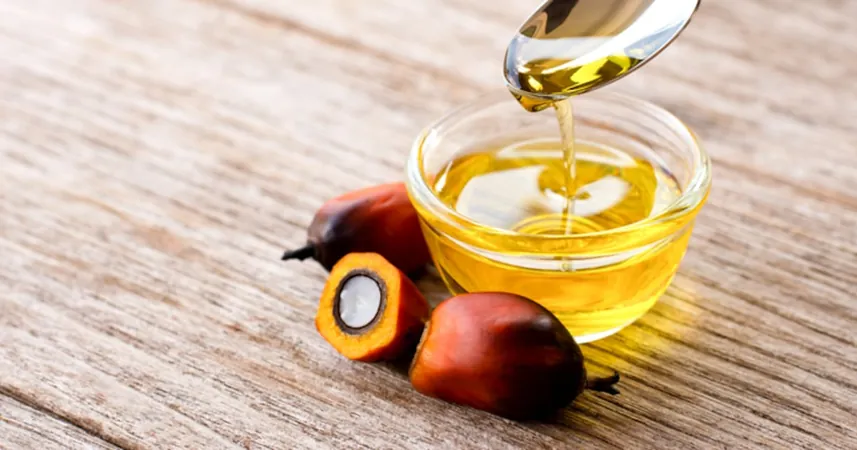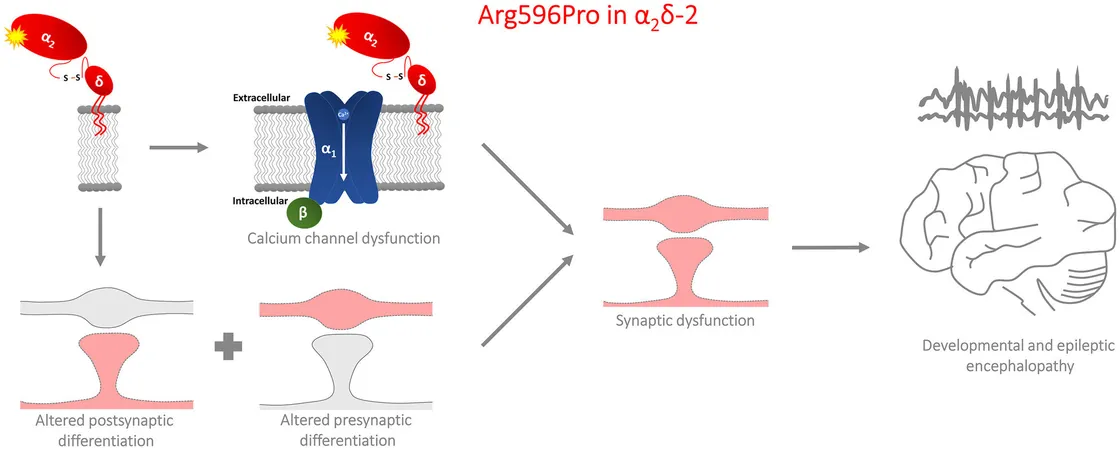
Revolutionary Study Shows Plant-Sterol Fortified Palm Oil Slashes Cholesterol Levels!
2024-11-25
Author: Nur
Introduction
A recent breakthrough study funded by BASF has revealed that incorporating plant sterol-enriched palm oil into your diet can significantly lower total cholesterol and LDL cholesterol levels in individuals with mild to moderate hypercholesterolemia.
Study Details
This compelling research was carried out in Bogor District, West Java, Indonesia, involving a diverse group of 100 participants aged 25 to 60 who did not require lipid-lowering medications. Participants were split into two groups, each receiving a weekly supply of 2000mL palm oil—one enriched with 52mg/L of phytosterols and a control group receiving placebo oil.
Composition of Enriched Oil
This phytosterol blend, Vegapure 95 FF®, which is derived from soybean, includes beneficial compounds such as campesterol, stigmasterol, and beta-sitosterol. The average daily intake of plant sterols in the study group reached an impressive 2.35 grams.
Results
The results were nothing short of astonishing! The group consuming the plant sterol-enriched oil witnessed a notable drop in total cholesterol, decreasing from an average of 216.07 mg/dL to 208.50 mg/dL. In stark contrast, those in the placebo group experienced a worrying increase in total cholesterol, rising from 216.50 mg/dL to 226.69 mg/dL.
Similarly, LDL cholesterol—often dubbed the "bad cholesterol"—plummeted from 141.84 mg/dL to 132.17 mg/dL in the enriched oil group, while the placebo group saw an uptick from 140.60 mg/dL to 144.06 mg/dL.
Lipid Profile Improvement
Not only did the study demonstrate a reduction in harmful cholesterol levels, but it also showed positive changes in blood lipid ratios. The total cholesterol to HDL ratio and LDL to HDL ratio significantly improved in the group using the plant sterol-enriched oil, indicating a healthier lipid profile overall.
C-Reactive Protein Findings
However, the study found a surprising increase in c-reactive protein (CRP) levels among the participants consuming the enriched oil, suggesting acute inflammation. This elevation in CRP, a marker commonly associated with inflammation, shifted from 2.38 mg/L to 3.48 mg/L during the trial.
While the placebo group's CRP levels also rose, the increase was less pronounced (from 2.90 mg/L to 3.00 mg/L).




 Brasil (PT)
Brasil (PT)
 Canada (EN)
Canada (EN)
 Chile (ES)
Chile (ES)
 España (ES)
España (ES)
 France (FR)
France (FR)
 Hong Kong (EN)
Hong Kong (EN)
 Italia (IT)
Italia (IT)
 日本 (JA)
日本 (JA)
 Magyarország (HU)
Magyarország (HU)
 Norge (NO)
Norge (NO)
 Polska (PL)
Polska (PL)
 Schweiz (DE)
Schweiz (DE)
 Singapore (EN)
Singapore (EN)
 Sverige (SV)
Sverige (SV)
 Suomi (FI)
Suomi (FI)
 Türkiye (TR)
Türkiye (TR)